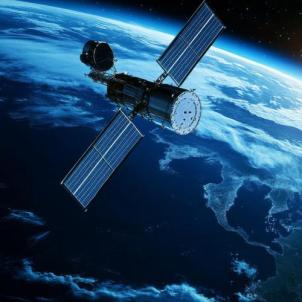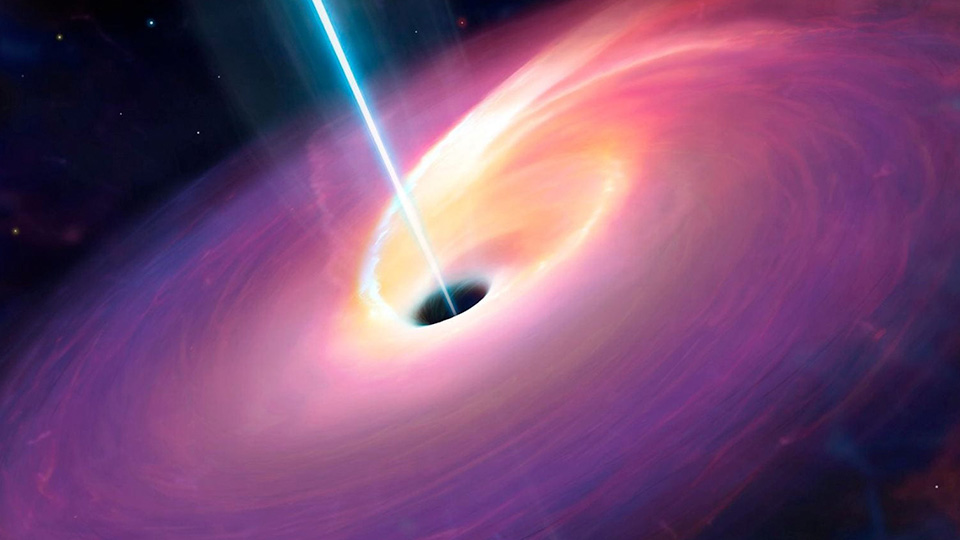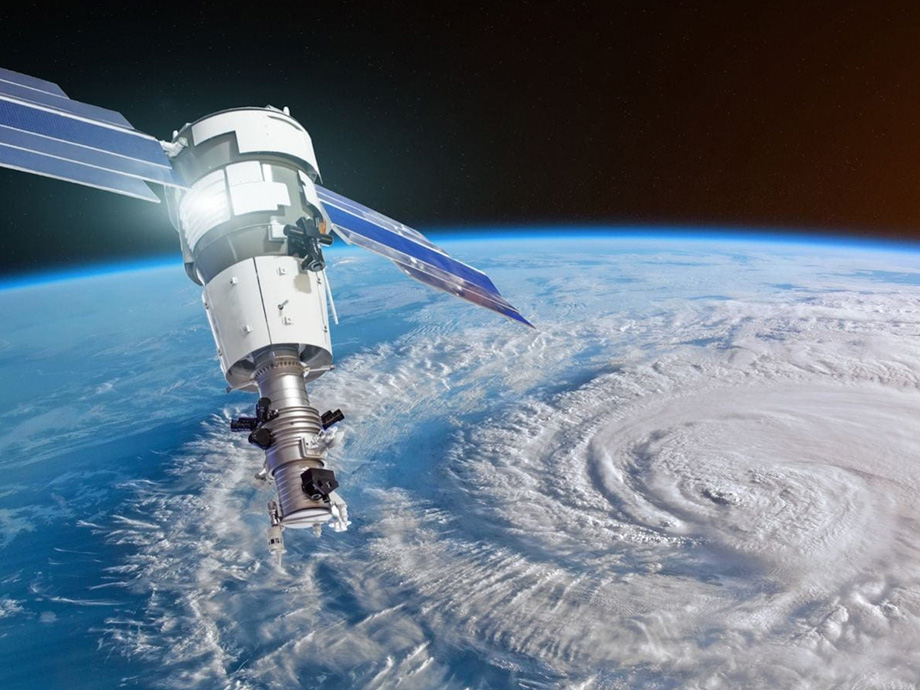
Space Education at Georgia Tech
With a range of space-related courses, certificates, minors, and degrees, Georgia Tech offers an interdisciplinary range of opportunities for students wishing to pursue a career in space sciences, policy, or industry.
Distance Learning Master's Degree
These space-related academic programs provide a distance learning Master’s Degree options.
Minors
Certificates and minors provide another option for Georgia Tech students who are interested in taking space-related courses. These can introduce students to topics that share a common theme and provide a focus to enhance a degree program. Some of Georgia Tech’s space-related certificates and minors are provided below.
Astrophysics Minor
The Astrophysics Minor for non-physics majors allows for the study of astrophysics-related topics such as relativity, cosmology, atomic physics, and astrophysics. Related Program: Physics
Aerospace Engineering Minor
This Aerospace Engineering Minor is for undergraduate students who are not majoring in aerospace engineering. Related Program: Aerospace Engineering.
Astrobiology Minor
The astrobiology minor is for any undergraduate interested in supplementing their major with knowledge on the origin, evolution, and distribution of life on Earth, and the potential habitability of other planets. Related Programs: Aerospace Engineering, Earth and Atmospheric Sciences, Chemistry, Physics, Biological Sciences, International Affairs, Literature, Media, and Communication, and History, Technology, and Society.
Certificates
Certificates and minors provide another option for Georgia Tech students who are interested in taking space-related courses. These can introduce students to topics that share a common theme and provide a focus to enhance a degree program.
Astrobiology Graduate Certificate Program
The embedded Astrobiology Certificate is part of an initiative linking the Georgia Tech Schools of Earth and Atmospheric Sciences, Chemistry and Biochemistry, Biological Sciences, Daniel Guggenheim School of Aerospace Engineering, and Sam Nunn School of International Affairs. It expands opportunities for students in the interdisciplinary field of astrobiology and forges links between astrobiology research at Georgia Tech, mission technology, and science communication.
Remote Sensing Graduate Certificate
This embedded Remote Sensing Certificate has applications from astronomy and weather to security-enhancing sensors and collision avoidance radars. Related Programs: Earth and Atmospheric Sciences, Chemistry and Biochemistry, Aerospace Engineering, Electrical and Computer Engineering, Civil and Environmental Engineering, and City Planning.
International Security and Aerospace Systems Certificate
This is an interdisciplinary certificate for graduate and post-baccalaureate professionals studying on a non-degree basis. Courses explore the intersection of international security, military gaming and modeling, and aerospace systems, and provide students with technical knowledge of aerospace systems and an understanding of relevant political and strategic context. Related Programs: Aerospace Engineering and International Affairs.
Space Entrepreneurship Certificate
The Space Entrepreneurship Certificate program expands opportunities for students in the field of ‘space entrepreneurship’ and forges innovative links between different communities conducting space research at Georgia Tech, including space technology, space science, space policy and business entrepreneurship. Related Programs: College of Engineering, College of Liberal Arts, College of Business.
Colleges and Schools
Many of Georgia Tech’s academic units have space-related courses. Here is a partial listing of schools at Georgia Tech that have space content offered within their curricula.
College of Computing
College of Engineering
College of Business
Scheller College of Business – https://scheller.gatech.edu











